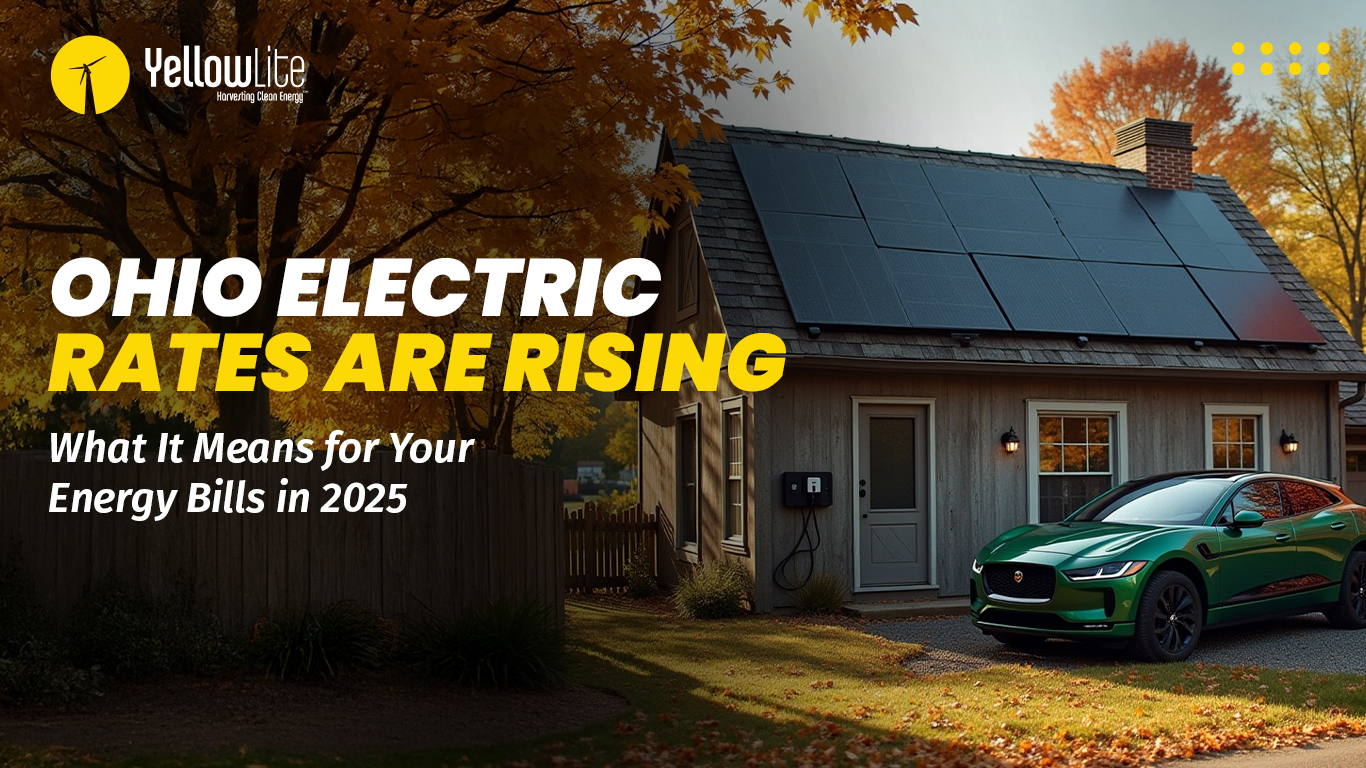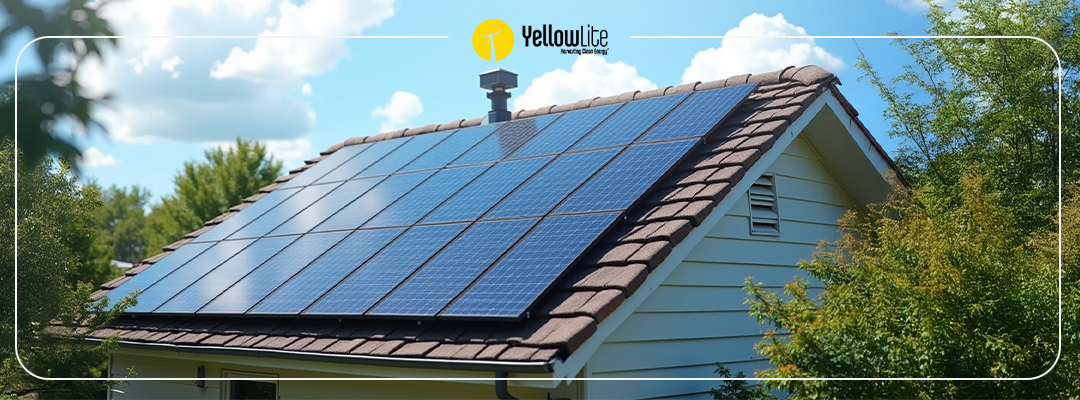Getting solar panels installed is no simple task. For new consumers, solar installation may seem to be as simple as ensuring the solar panels and inverter are properly connected. However, solar installation involves thorough electrical and construction work that can become a safety hazard if proper protocols are not followed. To streamline the process, the local governments have structured strict legislation and permits to avoid any unnecessary risks.
The solar energy system has a complex electrical circuit that is connected between solar panels, inverters, solar batteries, and the utility grid. To keep the standards universal for compliance with utility and government, a certain set of permits are required. However, solar buyers do not need to worry about these complexities. A quote from a solar installation company includes all the processes involved in the installation. Yellowlite prides itself on its premium services & custom packaged solar solutions to homeowners. Our quote includes all the fees, processes, and permits involved.
Yellowlite believes in educating its customers to help them make better buying decisions. Buyers should be aware of the process of acquiring permits before starting a project. Now, let’s dive into Solar permits and inspections.
Solar Permit Requirements
Solar permit requirements are quite complex and vary in every state and council. Generally, you would be required to file for an electrical permit, construction or building permit, and a solar permit at your local government. In these permits, you would have to fill out and submit a permit application, owner-builder verification form, site plan, roof plan, construction plan, elevation plan, equipment plan, electrical plan, and location plan.
Location-Based Permits
Solar permits vary depending on the respective town, codes, zoning laws, and other related legislation and by-laws. For instance, some states require an emergency shut-off switch at main consoles to meet the requirements of the fire department in case of emergency. To meet this requirement, a separate inspection is required to verify if the current system supports this function. This simple regulation may affect the whole solar install because string inverters don’t originally support this function, while microinverters have a built-in rapid shutdown capability.
The permits can even vary for neighbors in the same town. If your location falls under a historical area, you will probably require additional permission from the local historical commission. Or if you live in a gated area, you will require permission from that particular homeowner’s association as well.
Type and Size of Solar Installation
Commercial and residential types of solar installations will require different types of permits. Due to the large size of commercial-scale solar farms, obtaining permits is quite time intensive. Governments have a lot of additional restrictions and inspections in place for commercial projects. This is because commercial solar projects will require a large ground space for the panels and will handle a heavy amount of electricity.
For residential solar projects, the permit requirements can vary between ground-mounted or rooftop mounted installations. If you have planned a large ground-mounted residential solar project, your application would be subject to land use review, while the rooftop permits such as building or structural permits would not be needed. There can be zoning laws as well in your area that can impact the requirements on distance from neighboring property and height of solar panels.
Solar Project Inspection
A solar project requires both pre and post-installation inspections. A pre-installation inspection ensures that the property has a stable electricity circuit that can support solar energy. This inspection also checks whether the roof is structurally strong enough to support the solar racking and meets the safety regulations.
After the successful solar energy system installation, another post-installation inspection is required before turning on the system. A representative from the Government will conduct a final inspection, making sure that all building codes and safety regulations are followed. After the inspection, the utility company will require the certificate to allow the interconnection to the grid via net metering.
Solar Permit and Inspection Fees
In order to promote the usage of renewable energy and decrease the burden from the national utility grid, The US government has offered subsidies on solar installation permits in some states. Fortunately for the residential projects, the permit fees are only a few hundred dollars. For Instance, in 2017 Colorado enacted a bill to cap the solar permit fees. For residential projects, the permit fee is capped at $500, and for commercial, it’s $1000. In California as well, the bill was approved and took effect in 2018 and dropped the residential permit fees to $450.
Why Choose Yellowlite
While deciding which solar company to go forward with, it is recommended to ask about their experience in installing a solar project in your area. Reputed solar companies have capable managers with plenty of prior experience in solar permits and inspections.
With Yellowlite Solar experts, you can get extensive hands-on knowledge about solar installation-related requirements and permits in your local area. Our experts inspect, design, and install solar energy systems to suit the needs of individual customers.
Yellowlite offers turnkey solutions according to your energy consumption, property size, and location that include equipment, cost of labor, interconnection, permitting, and inspection costs. Call us today at 216-333-1364 Or Email us at https://www.yellowlite.com/contact-us/



